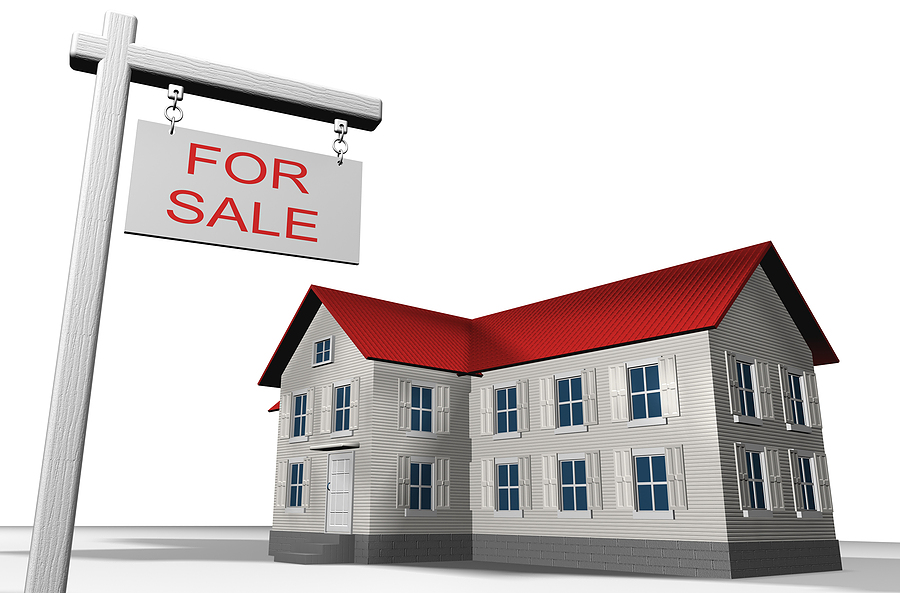Mental health crisis linked to housing crisis
By Liz Lockhart
Research has been done into the mental health implications surrounding home repossession and  the rise in mortgage delinquency. This study is published in the American Journal of Public Health and is the first long-term survey of the impact which the current housing crisis is having on older Americans. The impact can, however, be mirrored in other countries across the world who are experiencing similar economic times.
the rise in mortgage delinquency. This study is published in the American Journal of Public Health and is the first long-term survey of the impact which the current housing crisis is having on older Americans. The impact can, however, be mirrored in other countries across the world who are experiencing similar economic times.
The study found high rates of depression among individuals aged over 50, who were behind in their mortgage payments. These people were also more likely to make unhealthy financial tradeoffs with regard to food and necessary prescription medications.
The study’s principal researcher, Dawn E. Alley, Ph.D., assistant professor of epidemiology and public health at the University of Maryland School of Medicine says:
‘More than a quarter of people in mortgage default or foreclosure are over 50. For an older person with chronic conditions like diabetes or hypertension, the types of health problems we saw are short term consequences of falling behind on a mortgage that could have long-run implications for the person’s health.’
The rapid rise in the number of repossessed properties began in
America in 2007 and this, in part, is what prompted this study. 2.21% of all homes in the United States, a total of more than 2.8 million properties were, by 2009, in some stage of foreclosure. From previous research it is already known that home ownership is linked to better health while financial burden is associated with worse health. Financial strain is also associated with higher death rates.
This study was conducted with the support, resources and use of facilities from the Philadelphia Veterans Affairs Medical Centre in conjunction with the Organised Research Centre of Aging at the University of Maryland School of Medicine. It was supported by the National Institutes of Health.
"This study has pinpointed an issue that until now has been somewhat under the radar, but which threatens to become a major public health crisis if not addressed," says E. Albert Reece, M.D., Ph.D., M.B.A., vice president for medical affairs at the University of Maryland and dean of the University of Maryland School of Medicine. "Through research such as this, faculty epidemiologists and public health specialists provide valuable information and perspectives that are useful for government and private policy makers as they work to meet the health and economic needs of Americans."
Data from the Health and Retirement Study was examined by the researchers. This is a nationally representative panel study of Americans who are older than 50. 2,474 participants were asked, in 2008, if they had fallen more than two months behind with their mortgage payments since 2006. The questions in the survey were designed to measure psychological impairment, access to important health-relevant resources and general health status.
The findings show:
- Of participants who were behind with their mortgage, 22% developed elevated symptoms of depression over the two year period. This figure compares to only 3% increase among participants who were not in arrears.
- 28% of those in arrears reported food insecurity compared to only 4% of those who were current with payments.
- 32% of those in arrears reported much higher levels of cost-related medication non-adherence compared to 5% of those up to date.
Lower income and minority homeowners were at a higher risk of mortgage default, according to this study.
‘Our results suggest that the housing crisis may be making health disparities worse, because these groups had poorer health, lower incomes and higher levels of debt even before the current mortgage crisis,’ says Dr. Alley.
The health picture is much worse today because of rising mortgage defaults which are compounded by unemployment, says Dr. Alley.
‘Recent data from the Centres for Disease Control and Prevention show that the number of Americans with depression has been increasing along with rising unemployment,’ Alley says.
Dr. Alley says ‘We did a separate nationwide survey of mortgage counsellors and found that almost 70% of them said many of the clients they worked with were depressed or hopeless. About a third of them said they had worked with someone in the last month who expressed intent for self-harm or suicide. These are very serious and clearly ongoing issues.’





